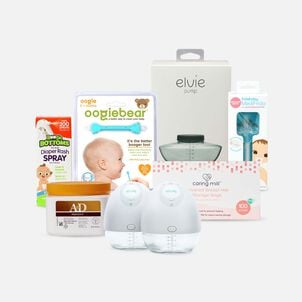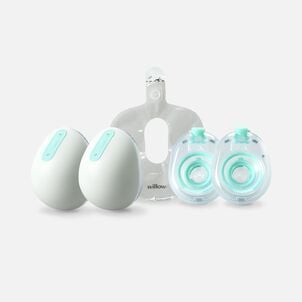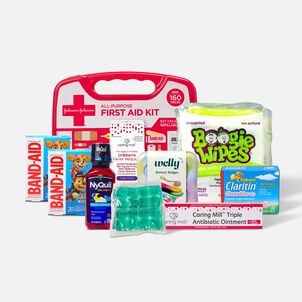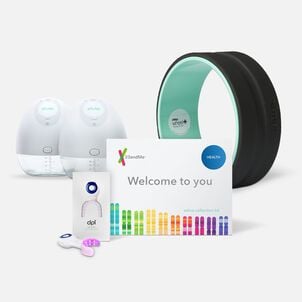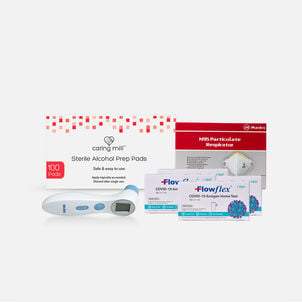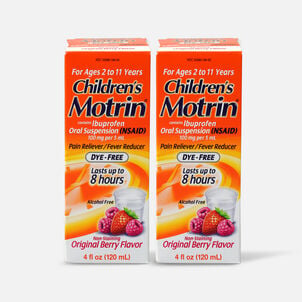How prenatal vitamins support newborn health
Were you aware that prenatal vitamins are covered by a Flexible Spending Account (FSA)? This month marks two important health initiatives that have amajor impact for women who are planning to become mothers in the coming year. National Birth Defects Prevention Month and National Folic Acid Month shed light on one of the most important supplements a new mom can take for the health of her child: prenatal vitamins!
While expecting moms are encouraged to eat a healthy diet to support the health of their growing child, their diets may be missing key nutrients that can play a major role in preventing birth defects and supporting the optimal development of their children.
What are the most important ingredients to look for in prenatal vitamins? Let's find out!
Folic Acid: This nutrient has been proven to prevent neural tube defects, which are serious abnormalities in the brain and spinal cord. Folic acid is the natural form of the vitamin, while folic acid is the synthetic derivative that is added to foods as required by federal law. Folate is found naturally in many foods, including asparagus, okra, leafy vegetables, beans, yeast and mushrooms. It's recommended that any woman who could get pregnant should take 400 micrograms (mcg) of folic acid daily, starting before conception and continuing through the first 12 weeks of pregnancy.
Iron: This mineral is pivotal in the baby's growth and development, as well as preventing the development of anemia, which results in a lack of healthy red blood cells in the body. Iron is a staple in many prenatal vitamin brands, and can be found in a number of natural sources including leafy green vegetables (spinach, kale, etc), dried fruit like raisins and apricots, seafood, beans and more. Aim for at least 27 mg of iron each day during pregnancy.
Iodine: This nutrient assists in the mother's thyroid function and metabolism during pregnancy, and can be found in cranberries and organic foods like yogurt, raw cheese and organic potatoes. Iodine also contributes to the baby's brain and nervous system development, and a lack of iodine during pregnancy has been linked to an increased risk of miscarriage, stillbirth and preterm delivery. Pregnant women should aim for 220 mcg of iodine per day, while breastfeeding woman should up that to 290 mcg.
Omega-3 Fatty Acids: These acids have been known to support healthy brain and vision development in infants, and they are most often found in fatty fish, eggs and peanut butter. These substances have been found to prevent pre-term labor and delivery and may increase birth weights. The two most beneficial omega-3s are EHA and DHA, and DHA is especially important for the brain, eyes and central nervous system. As such, pregnant/lactating women are advised to take at least 300 mg of DHA each day.
Calcium: This nutrient plays a pivotal role in the development of healthy bones and teeth, the heart, nerves and muscles. It is recommended that women should receive 1,000 mg of calcium per day before, during and after pregnancy, and they should supplement their diet with calcium-rich foods like dairy products, sardines, soybeans and fortified juices/cereals/grains.
The preceding ingredients are a must for any prenatal vitamin regimen, but expecting mothers should also read labels and compare products to ensure they are receiving the proper levels of vital nutrients. Other important prenatal vitamins/minerals to look for are vitamin A/B12/C/DE, niacin, riboflavin, thiamine, zinc and copper.
If you have a bundle of joy on the way, make sure you give your child the best start possible with prenatal vitamins purchased at FSAstore.com! We have the web's largest selection of FSA eligible products to support the health and wellness of you and your loved ones.


